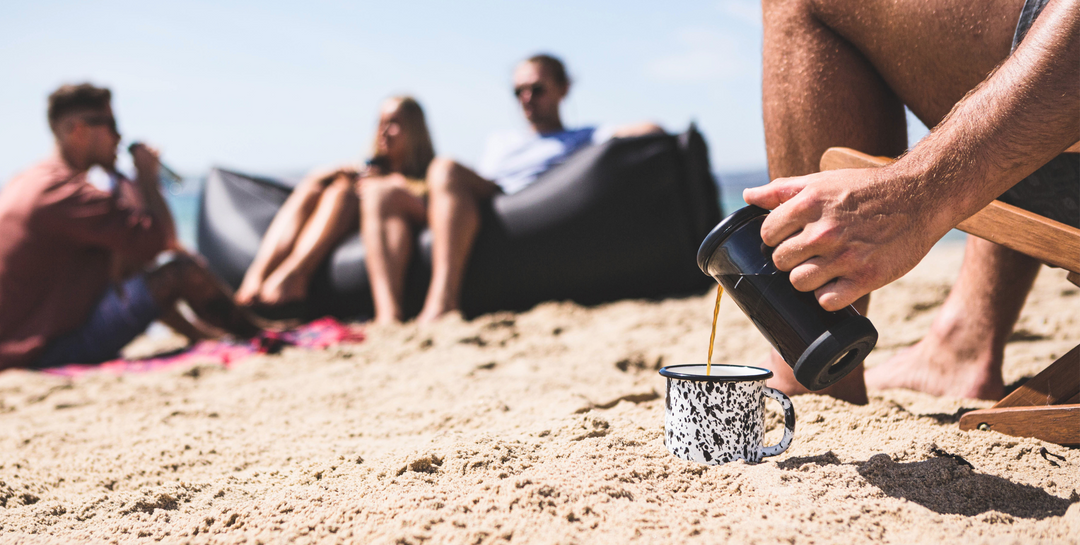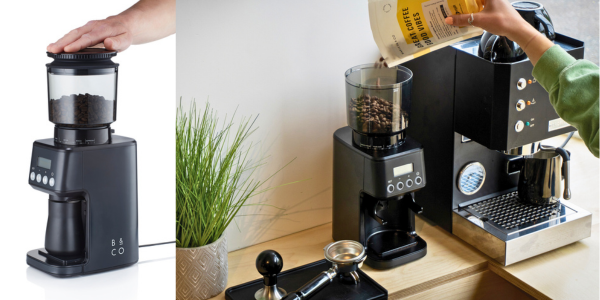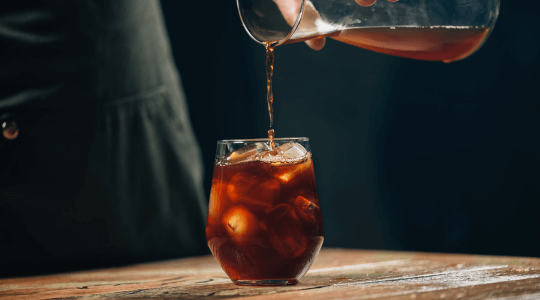4 Tips to Help You Store Ground Coffee to Stop It Going Off
In the realm of coffee connoisseurship, where every sip is a symphony of nuanced flavours, the enemy lurks not in the beans themselves but in the subtle dance between time and the elements.
Coffee, a sensory delight revered for its complexity, can, unfortunately, succumb to the insidious forces that compromise its essence—transforming a rich, aromatic brew into a mere shadow of its former self.
Does coffee go off?
Coffee can go off, or stale, due to a combination of factors that affect its flavour, aroma, and overall quality. The main contributors to the deterioration of coffee include:
How to keep coffee fresh
To keep coffee fresh for as long as possible, it's recommended to follow these storage tips:
1. Store in an Airtight Container
Store coffee in an airtight container to minimise exposure to air. Keep coffee in a cool, dark place to prevent heat and light from affecting its quality.
Top tip: If you're storing your coffee in the bag it came in, squeeze the air out every time you seal it
2. Store Coffee Away from Smelly Food
Store coffee away from strong odours to prevent absorption of unwanted smells.
If we've learnt anything from the AirUp trend of 2023, it's that your sense of smell has a massive impact on the perceived taste of your food or drink
3. Don't put Your Coffee in the Fridge
Avoid storing coffee in the refrigerator, as it can be exposed to moisture and other odours.
But what about freezing coffee? Scroll down to find out whether coffee can go in the freezer
4. Grind Your Coffee by Cup
If possible, grind coffee fresh at home. Whole bean coffee lasts longer and tastes better than preground.
The Core All Grind Plus allows you to grind coffee by time, by cup and directly into your portafilter. Store a small amount of coffee beans in the UV-protected, airtight hopper and only grind what you need, when you need it.
5. Don't Buy More Coffee than You Need
When buying coffee, it's best to purchase it in small quantities and consume it within a reasonable timeframe to ensure you enjoy it at its peak freshness.
Whole bean coffee will stay fresh for longer. This is because coffee beans have a protective shell that lock in the freshness!
Once you've ground your coffee, use it as quickly as you can. Ground coffee is more susceptible to oxidisation and will go stale after 10 - 14 days.
Can you freeze coffee?
Yes, you can freeze coffee, but there are some considerations to keep in mind to maintain its quality:
While freezing coffee can help preserve its freshness for an extended period, keep in mind that the flavour profile may still change over time. It's generally recommended to consume frozen coffee within a few weeks to a few months for the best quality. Additionally, freezing is more suitable for storing coffee for future use in recipes or as an ingredient rather than for brewing as a standalone beverage.








Leave a comment